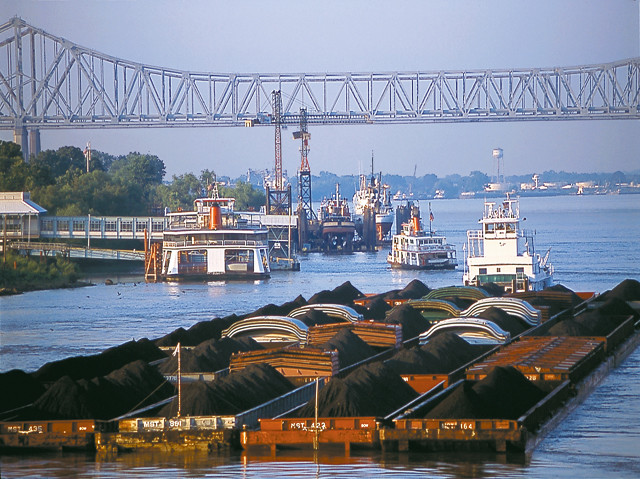In June 2014, I wrote about “dirty coal”, which is high in sulfur and ash content. I said it should not be transported for use anywhere in the world, since it was not used here because of the environmental damage it was believed to cause. If it’s too dirty for us to burn, it’s too dirty to burn anywhere.
David K. Smith, general manager at the time for River Marine Enterprises, Paducah, Ky., commented on my blog. It seems he took my column to be a condemnation of the coal transportation business as a whole.
In his note, Smith said, “… you state that ‘Scientists tell us that burning coal puts some really nasty emissions into the atmosphere.’ I can only assume you mean the ‘scientists’ that subscribe to the global warming theory, since … you imply that a ‘barge company’ would help save the environment if it turned down coal business. So, in truth, you should have said, ‘some scientists’ rather than the all-encompassing term ‘scientists’ as not all scientists embrace the global warming theory, and neither do I.”
“I feel no guilt whatsoever in the part I play in the transport of such a vital commodity as coal,” Smith wrote. “Coal is a national treasure that this country has been blessed with. Indeed, we could never have achieved the past levels of greatness this country has seen without it, and no matter how much you … and others of your self-righteous liberal bent wish to vilify it. The country cannot survive without it today.”
Smith continued, “Great strides have been made in clean coal technology in recent years, but those of your ilk seem to ignore that and would rather erase jobs, devastate communities, and decimate industry in order to promote your ideals.”
First off, I didn’t say a word about clean coal. Secondly, the amount of coal being carried on our waterways has dropped in recent years. Thus, companies like Smith’s have been negatively affected. For that, I take no pleasure. But the fact is that the number of coal-fired power plants along the inland waterways system is fewer than in 2014. The hauling of coal on the system is not what it once was and it continues to erode.
According to River Transport News, “Barged shipments of coal to the domestic power generating sector slumped to a new multidecade record low in the first quarter of 2021.”




